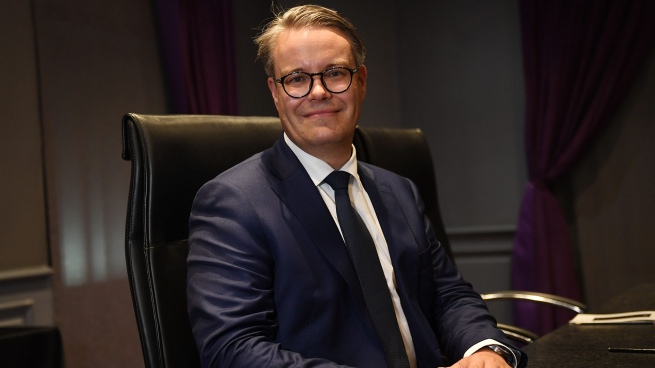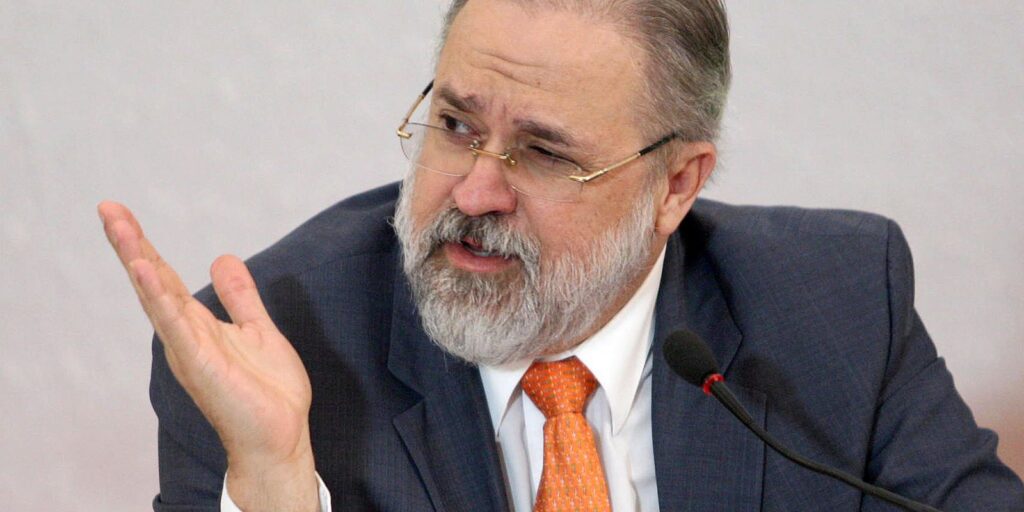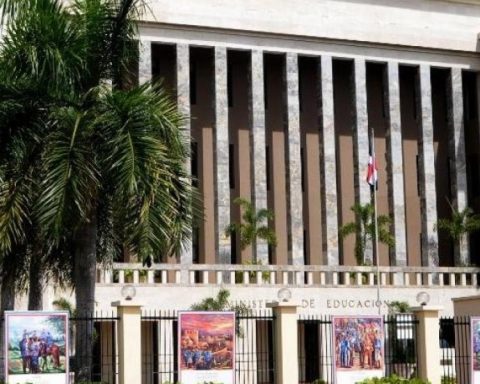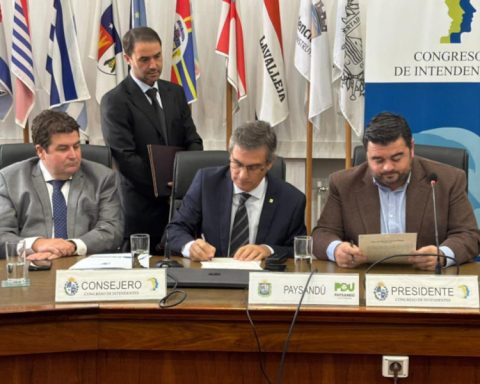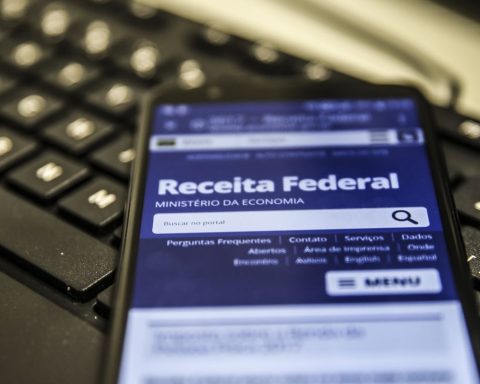The German Deputy Foreign Minister, Tobias Lindnerconsidered this Wednesday that the relationship between his country and Argentina “is very close” and affirmed that between both nations there is a scenario for “intensify economic relations” in the context of the global climate crisis.
In addition, he considered that the German nation “bets” on Argentina, since “common values” are shared.
The senior German official, who is visiting the country, met with the chancellor santiago cafiero and then he spoke with Télam.
The interview
-Télam: How do you assess the meeting with the foreign minister and what is the agenda they discussed?
-Tobias Lindner: It was a very good conversation. Show that relations between Germany and Argentina are very close and that the exchange is also regular. We talked intensively about issues of energy policy, the climate crisis and how to combat it, which is putting the whole world in front of challenges. But in the same way it is an opportunity to intensify relations, and in particular, the economic ones between Germany and Argentina.
Argentina and Germany are working together on a bilateral agenda focused on promoting the energy transition, hydrogen, electromobility and the knowledge economy.
To deepen this bond, I received the German Secretary of State, @tobiaslindner.
?????? pic.twitter.com/Y1PBvS3nad
– Santiago Cafiero (@SantiagoCafiero) August 24, 2022
-T: In what way and in what specific areas could the exchange be intensified?
-TL: On the one hand, we need Argentina as a counterpart in the fight against the climate crisis. Without the countries of Latin America, effective climate protection cannot be carried out, nor can the biodiversity of our ecosystem be ensured. Secondly, Germany is very interested in green hydrogen and this could be a possibility for economic cooperation. Green hydrogen is one of the possibilities; Similarly, there may be German companies that invest in wind and solar energy.
-T: Argentina has recently been invited to the G7. What view do you have of Argentina in Europe, and particularly, in Germany?
-TL: We are living times in which no region is geographically far or close. And so, Germany has to demonstrate its interest in Latin America in general, and in Argentina, in particular. And in addition to the issue that I already mentioned about energy policy, keep in mind that after the United States and Europe, South America is the region with the largest number of democratic states. For this reason, we also support Argentina because it is a counterpart with which we have common values and that defends with us the international order and the Charter of the United Nations.
Interest is growing in ?? for LATAM and the ?? in particular. arrived this morning @tobiaslindner, vice-minister of RREE, to bring to Berlin direct impressions of how we can carry out our bilateral relations. seeing the enormous geopolitical changes and common global challenges. pic.twitter.com/wteZ9R0wsd
— Ambassador Ulrich Sante (@AlemaniaenArg) August 24, 2022
-T: How do you project the bilateral relationship between the two countries in the coming years?
-TL: I am going to mention a vision that I hope is optimistic. I hope that our economic relations will increase. Especially in those areas that are important to restructure our economy without environmental impact. For example, in terms of electromobility, or in terms of renewable energies or green hydrogen. Part of my optimism is that both countries uphold the rules-based order and the Charters of the United Nations
-T: What are the steps to follow in this relationship?
-TL: It is important that the conditions for investment in Argentina and economic development are trustworthy for businesses. That is why Germany has supported the latest package from the International Monetary Fund and likewise we are supporting Argentina to implement now the necessary steps for a reform. I’m visiting here and it’s not my job to teach, but obviously we’re seeing high inflation and currency restrictions. And there are German companies that consult me on this subject.
Earlier, the German deputy minister met with Foreign Minister Santiago Cafiero, who shared an image of the meeting on Twitter, where he highlighted: “Argentina and Germany are working together on a bilateral agenda focused on promoting the energy transition, hydrogen, electromobility and the knowledge economy.
Later, he highlighted that “The relationship between the two countries is dynamic and with high-level contacts.”
In turn, he argued that “testimony of this are the two presidential visits to Berlin, Argentina’s participation in the G7 and the visits of German officials accompanied by public-private delegations.”
